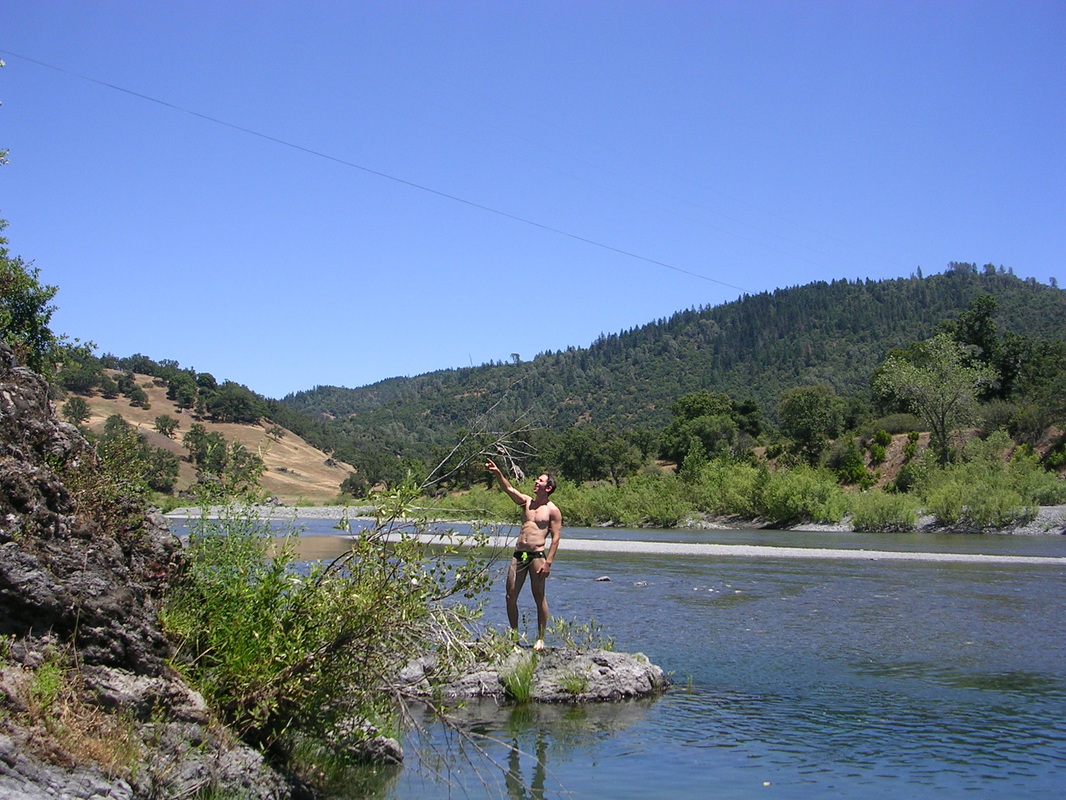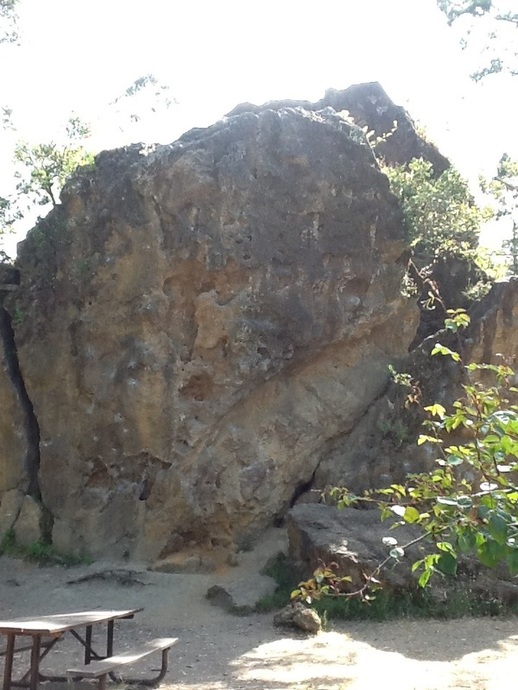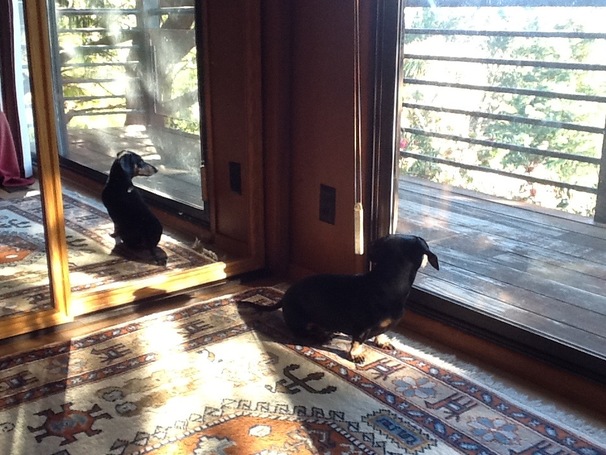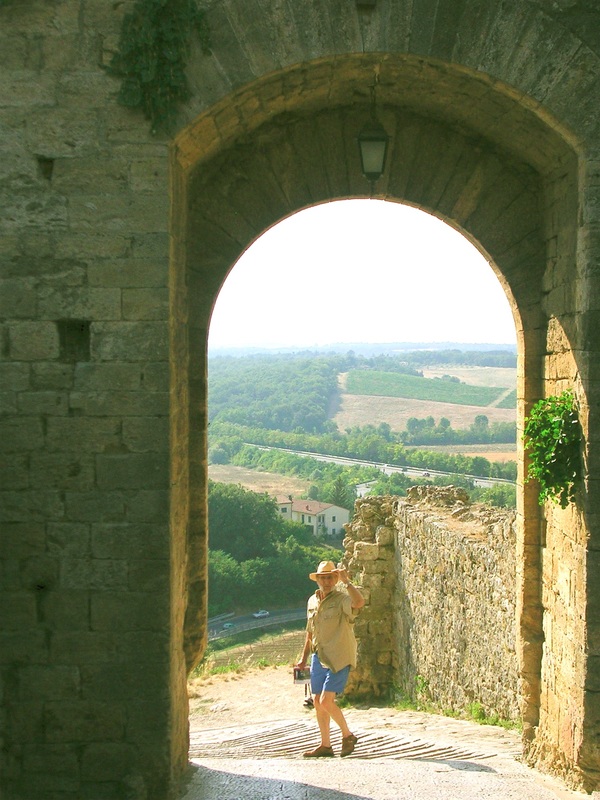| Midsummer Eve The sun sets late tonight Lingers as if loathe to leave Wants to stay here with us Who play late in the streets, Walking, talking, dancing, Pushing off the hour when we must go Inside to prepare for the 'morrow. Tomorrow, the sun will set earlier, By a barely noticed minute or two, But significant in Nature's scheme, Reminding us that summer will soon fade, Give way to Autumn then Winter And the shortest day. Odd to think of Winter now, Heady with summer fun, We really do not notice, Enjoying the sunny days, We have no time to think Of cold and dark. We prefer to ignore The inevitable, But it will come, Autumn, The days will grow shorter, Whether we will or not, The sun will lose its force And cold times will arrive. On This Longest Day On this longest day The sun sends down its ray Lingers all eve long, To listen to our song. Children dance and play, No school for them today. They may stay up late To dance, to jump, to skate. Parents take a walk, Enjoy quiet time to talk, Have a glass of wine, And later they will dine. Then they gather round To sing the red sun down, Join hands in a ring To chant and dance and sing. When the sun's last ray Has sunk beneath the bay, They, reluctant, head Inside to go to bed. Look at the dark sky, And breathe out one last sigh. Then realize with a smile Summer will linger yet awhile. -MW | All is Quite Dark This I clearly see: Power's brutality, Torture's inhumanity, War's insanity. This I do clearly see. This I loudly hail: Let human rights prevail, Let social justice prevail, Let peace prevail. This I do loudly hail. This, too, I rightly know: Let winds blow, Let rivers flow, Let trees grow. This I do rightly know. All is quite dark: It could and should be light, The old's a blight in flight, The new's not yet in sight. All is quite dark. A Long Hot Summer America is in vast disarray, The public at large is seriously fractured. Governance has come to a standstill, The country's two parties are at loggerheads And one is beholden no less than the other To lobbyists, special interests, and to money. The Democrats are given to questionable change, The republicans, in turn, are solidly committed To nothing but to Obama's failure. Meanwhile, America's determination To spread Democracy and liberty abroad Has yet to evidence some hope of success. Hostilities continue to seethe in Iraq, Afghanistan is writhing in the pangs of war, And in their pursuit of nuclear weapons Irate Iran and North Korea Pay little heed to the threats and promises Of an America just faltering along. America is in vast disarray. Both its domestic and foreign policy Have reached a point of little return. But that governance and sobriety Replace party politics and military bent, All will continue to change for the worse, And America, once a beam of light That shone and lit the world with hope, Will become but another empty promise! -JM The poets are taking a break for the summer to pursue other writing interests If anyone is reading this blog and would like it to continue, please leave a comment, telling us which parts you like and suggestions for improving it. Otherwise, we will probably close this blog and perhaps re-open with a different theme and content. -MW -JM -Píccola |
|
2 Comments
|
Archives
February 2024
|







